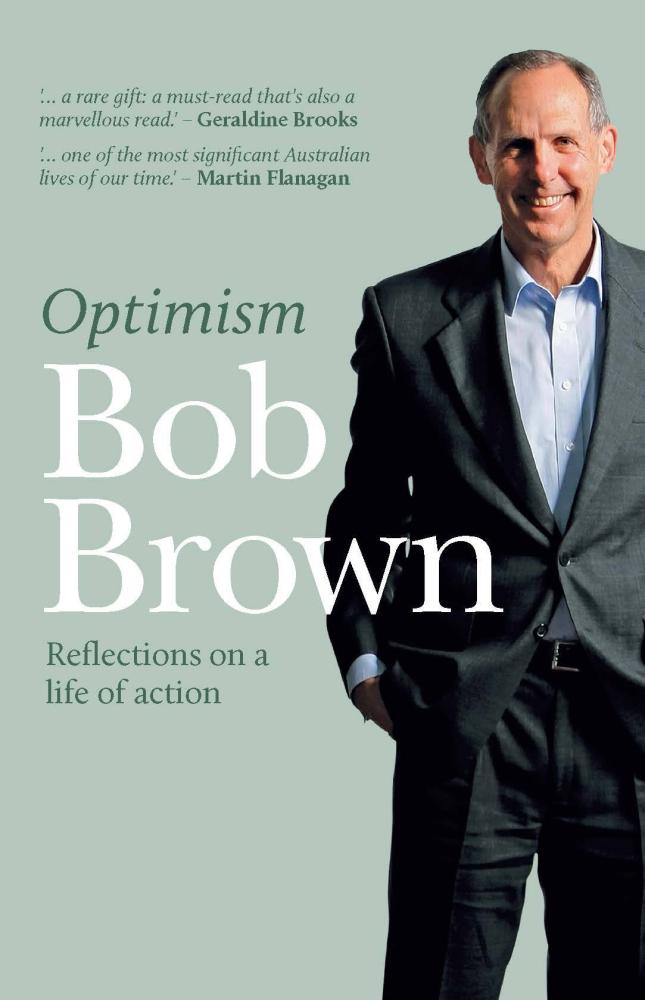
Of course, Simon won by a mile: commodity prices fell during the 1980s. It was $1,000 on the table and Erlich chose the metals and, as he said, he wanted to grab the offer before somebody else picked up this incredibly easy win. If they’ve got cheaper you pay me the difference, if they’ve got more expensive I pay you the difference. Almost any metal you choose is getting cheaper, despite the fact that there are more people.Įventually, he was offered a bet by somebody called Paul Erlich, a famous doomster, who said: ‘I bet you that metals are going to get more expensive in the next year.’ Julian Simon took him up and said, OK, you name the metals and we will buy a basket of these metals in 1980, and in 1990 we will see who’s right. He said, look, the prices of metals have been falling for hundreds of years. So we produce more oil from the same oil field or we find new ways of getting metals out of ores. We get better at finding things we hadn’t used before and we get better at refining them. He said, no, what a resource is is human ingenuity turning something else into something useful.Īnd if you look at the way we use resources we get better at finding them. It was basically the conflict between population and resources that became an obsession in the early 1970s, with the publication of the Club of Rome’s report in 1970 which said that humankind is going to run out of metals, oil, gas and all these kinds of things. Simon’s big thing was the population explosion and how it wasn’t necessarily a bad thing and nor was it any longer exponential and in fact it was slowing down. The amount of sewage you encounter in your water supply, for example. You mean the world is less polluted now than it was in the Middle Ages? That doesn’t sound very likely. He was amazing at digging out numbers and trends. Likewise a lot of pollution issues, etc, etc. Wheat has been getting cheaper for people in terms of wages since then. So, for example, he traced the wheat price back to the Middle Ages, and he’d drawn a graph of it and shown that, except in the odd bad year, wheat prices have basically been falling since the Middle Ages.
#Books on optimism series
He died terribly young in his 50s or 60s about ten or 15 years ago and he produced a series of books that were just riddled with numbers.


Julian Simon is really the god of this subject in many ways. Tell me what’s so optimistic about these books then. Foreign Policy & International RelationsĮxcellent.


 0 kommentar(er)
0 kommentar(er)
